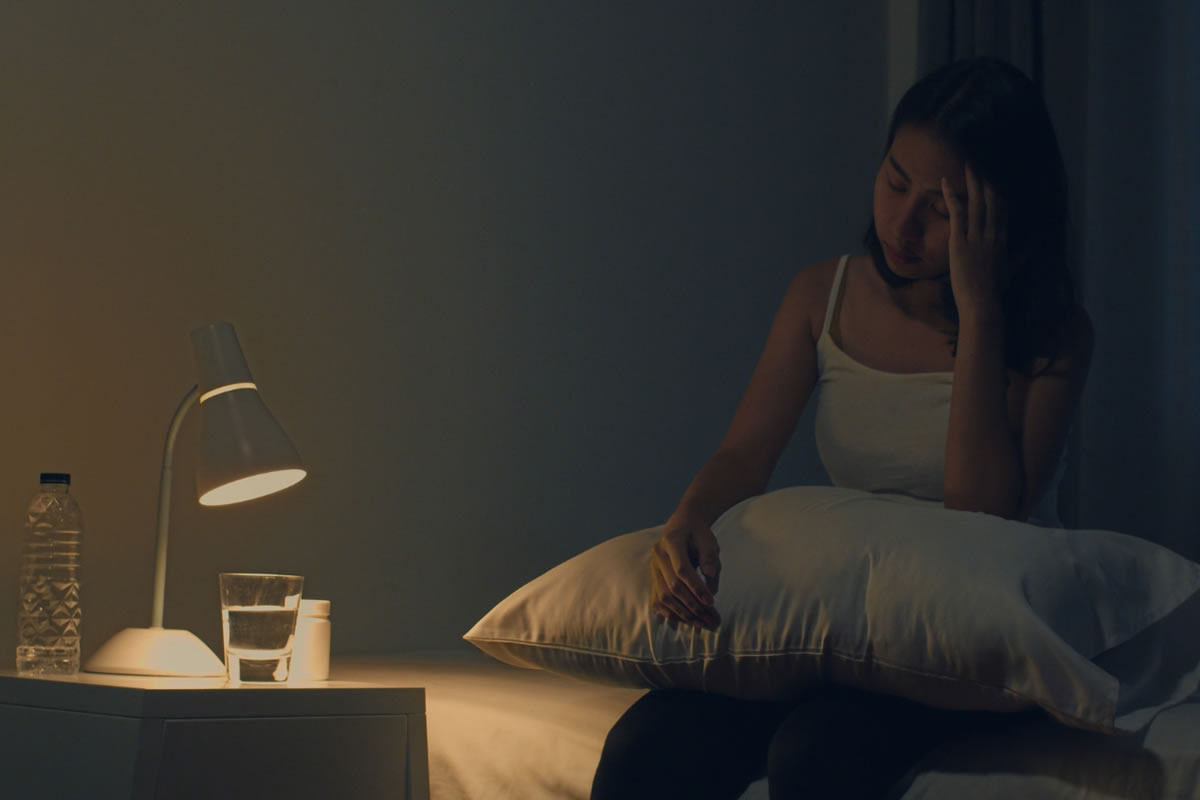
You're not alone if you continually struggle with falling asleep at night. According to the National Institutes of Health, nearly 20% of Americans struggle with sleep disorders. Our experts on mental health therapy in Winter Park remind you that not getting enough rest can leave you tired and cranky and harm your overall mental health.
Insomnia symptoms
People who have insomnia have difficulty falling asleep, remaining asleep, or going back to sleep when they awaken at a very early hour. These sleep disruptions cause tension and anxiety and make everyday activities like working, recalling, and thinking clearly extremely difficult. Insomnia also commonly causes crankiness and exhaustion. Constant insomnia may also be a contributing element to depression.
Causes of Insomnia
Insomnia is a complicated condition that is still being studied. However, so far we know particular conditions make individuals more prone to insomnia:
- Age – people over 60 are more sensitive to insomnia
- Gender – women, on average, are more likely to have problems sleeping
- Depression can also make you more vulnerable to insomnia
The leading causes of insomnia are:
- Jet lag
- Shift work
- Anxiety
- Grief
- Depression
- Stress
- Stimulants including nicotine, caffeine, and alcohol, taken too close to bedtime
- An overactive thyroid
- Steroid usage
- Certain prescription medicines
- Restless leg syndrome
- Menopause and hot flashes
- Gastrointestinal conditions like heartburn
- Conditions that make it difficult to breathe like asthma and sleep apnea
- Chronic pain
Counseling to treat insomnia
Did you know that counseling can assist with insomnia? Unfortunately, mental health problems and insomnia can evolve into a chicken and the egg situation where it's difficult to determine which generates the other.
As mentioned before, depression is one of the most common causes of chronic insomnia. When depression is the offender, cognitive behavioral therapy (CBT) is helpful. CBT targets your thoughts and actions that disrupt your rest night after night. This therapeutic approach encourages good sleep patterns while easing anxiety.
A mental health professional can also work with you on relaxation practices that will help you calm and prepare your body for sleep and meditation approaches that can help you let go of thoughts. When you let go of your thoughts and calm your mind, falling asleep can be more manageable. We also have sleep protocols our therapists can teach you to help enhance your sleep.
Therapists realize that each patient is a person with individual needs. One-on-one talk therapy will help a therapist decide the specific causes – in some circumstances, there may be numerous culprits – and put together a comprehensive approach for relief.
Beginning Counseling
Did you realize that counseling can be a great way to treat insomnia? The truth is that mental health clinicians frequently talk about sleep in psychotherapy sessions. And we have suggestions and tricks that might help improve your sleep. Maybe we'll talk about ways to help you sleep. Or perhaps we'll need to look at the anxiety keeping you up or treat nightmares. Our method will depend on your specific circumstances. If you have insomnia and would like to explore the benefits of mental health therapy in Winter Park, contact us today.
